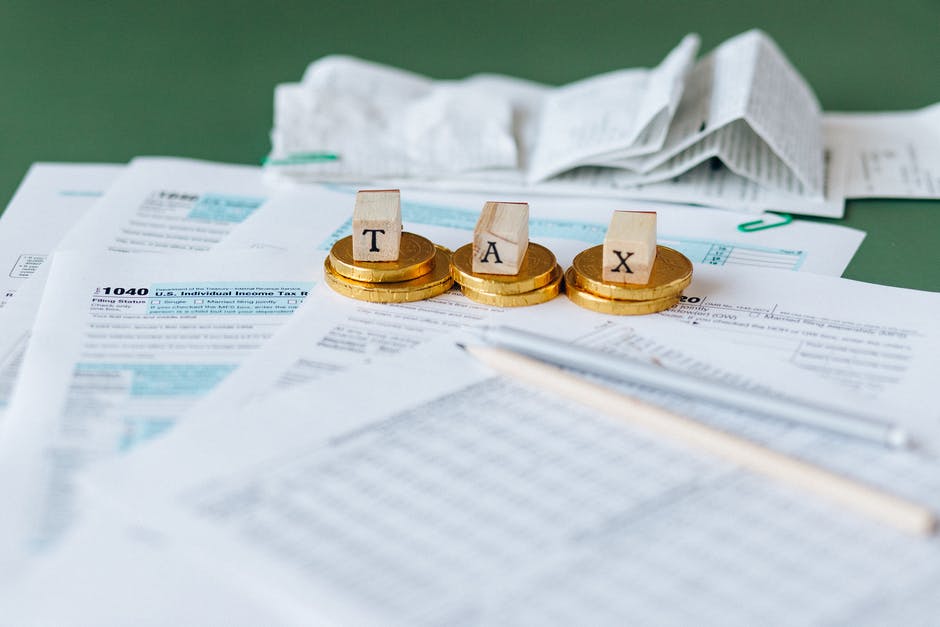
Recent findings show American taxpayers filed as much as $148.3 million in tax returns. This came to a total earning of almost $11.9 trillion adjusted gross income. They paid about $1.6 trillion in individual income taxes.
Capital gains and income have different tax rates. But what exactly is the difference between capital gains vs income tax?
There are distinct differences, so you can easily tell them apart. Here is what to know for tax time.
What Is Income Tax?
Whether it comes as money, services, or property, income tax is what you would need to pay for your earnings. Earnings can come from self-employment, employment, royalties, interest, or dividends.
Rates in the income tax system can range from 10% to 37%. The filer’s annual income determines the rate. The more income, the higher the rate.
Income Tax Guide
Income tax is a percentage that varies according to the tax bracket you fall under. Your tax bracket goes by the amount of income you made during the calendar year. Also, it depends on if you file jointly with your spouse or alone as an individual.
Here are the brackets that a single filer can expect for the year 2022 as an example.
- Greater than $539,900–37% tax rate
- Greater than $215,950–35% tax rate
- Greater than $170,050–32% tax rate
- Greater than $89,075–24% tax rate
- Greater than $41,775–22% tax rate
- Greater than $10,275–12% tax rate
- Up to $10,275–10% tax rate
The United States has a tax system that is progressive but marginal at that.
Do you need help determining your tax bracket? Click here to learn more about filing an individual tax return.
What Is Capital Gains Tax?
This is what you pay if you had income because of selling or exchanging assets. This can be as property or stock that falls under the category of a capital asset.
Capital Gains Tax Guide
Assets that you own for up to one year are short-term capital. For tax, they are treated as regular income.
Depending on your level of income, long-term capital gains have tax rates that are preferential. This is how you would determine your capital gains tax rate in 2022.
- For income $41,675 or under, you would pay a long-term capital gain tax rate of 0%
- For income $459,750 or under, you would pay a long-term capital gain tax rate of 15%
- For income over $459,750, you would pay a long-term capital gain tax rate of 20%
Determining your capital gain for an asset depends on your cost basis. Here is an example to help you.
Let’s say you buy some land for $15,000, and you spend $5,000 to add a parking lot. If you sell the asset for $30,000, your gain will be $10,000. That is because you add $15,000 and $5,000 but then subtract the $20,000 spent from the sale price of $30,000.
Capital Gains vs Income Tax
Even if you have a tax expert who helps you file, it helps you know what information to gather and how to segment it when you know the difference between capital gains vs income tax. We know how challenging life gets when you have questions, which is why we have articles with so many answers.
What else are you curious about? We have the details to help you, so stay for a while. Keep clicking on more helpful articles with valuable insight.





